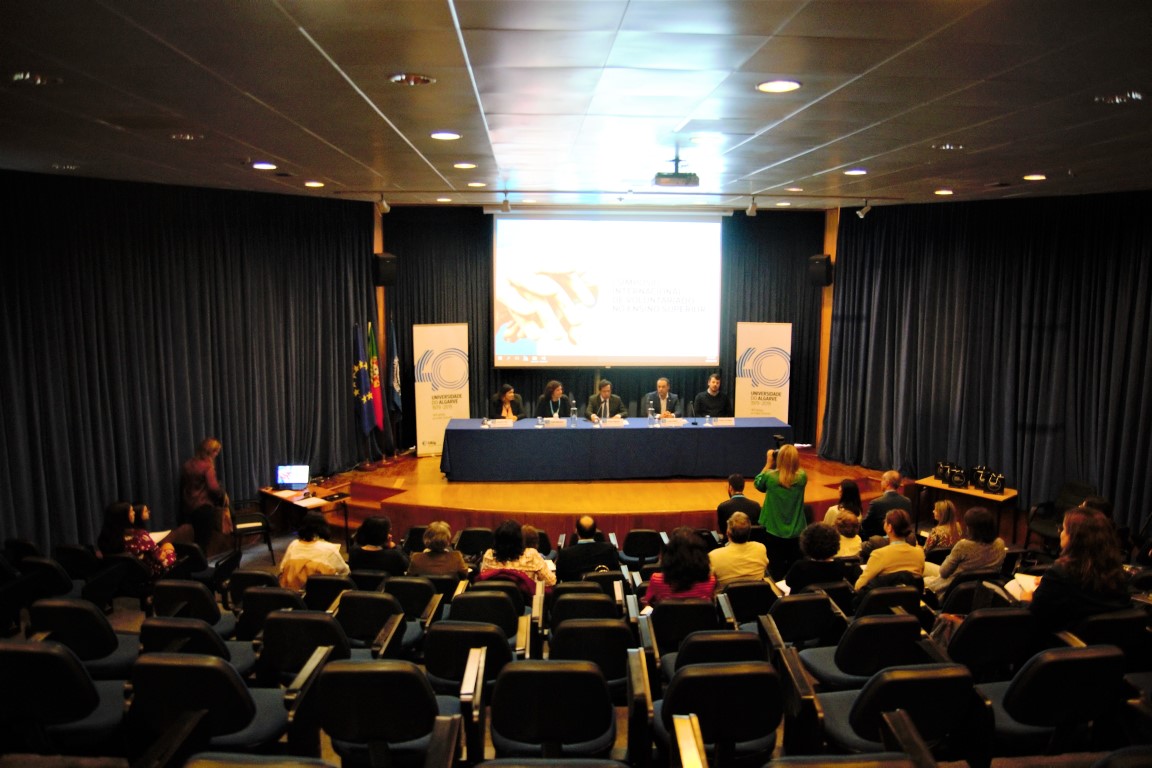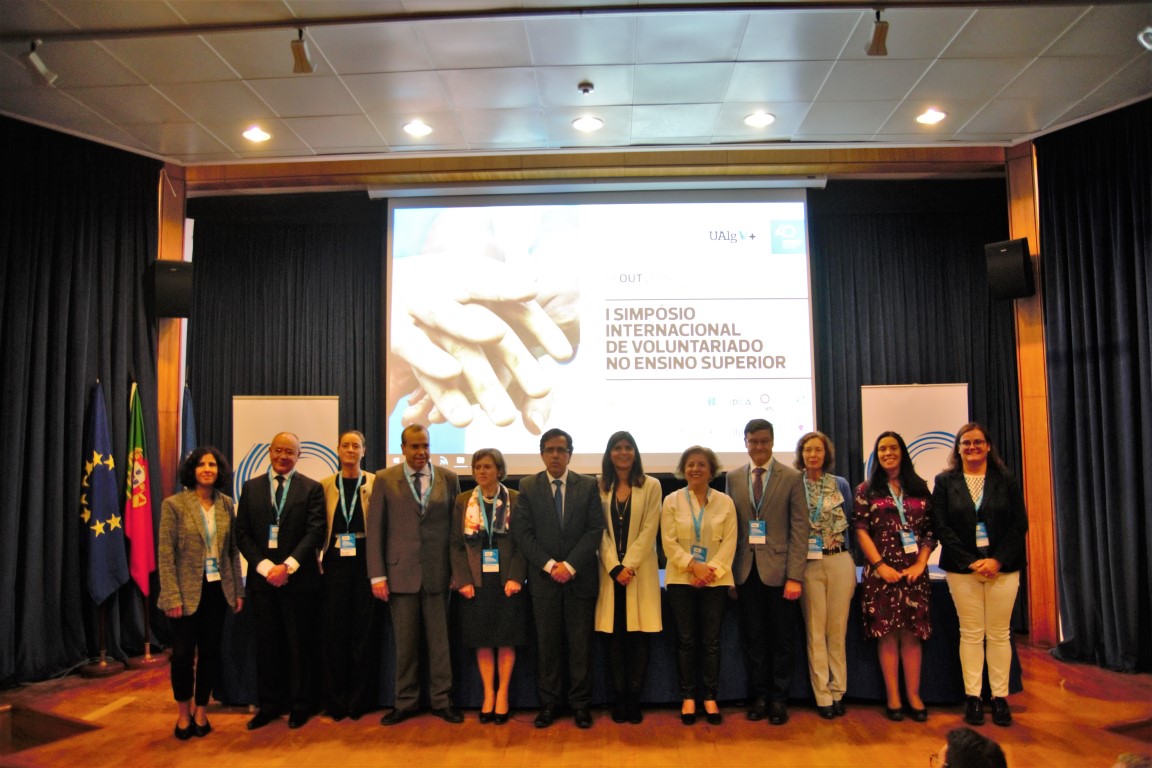The volunteering group of the University of Algarve UAlg V+ has 600 subscribers, it already operates in sectors such as health, social and environmental areas, but is expanding its areas of intervention. Also, to gain scale, it joined other volunteer groups from institutions to found the Higher Education Volunteer Network.
Cátia Martins, professor and coordinator of the volunteer group, provided the Sul Informação that UAlg V+, “like other institutions, has a greater focus on health and social areas, but we are now very sensitive to environmental volunteering, not least because last year we had a major catastrophe in our region [fire in Monchique ] and, since then, we have collaborated, for example, with the actions of Zoomarine for the reforestation of the mountains».
At the moment, the group is “extending its activity to areas such as heritage preservation and the idea is also to bet on a sporting level, in agreement with the Academic Association”.

Cátia Martins also emphasizes that “the group is open to implement projects and initiatives by the volunteers themselves. If we want more commitment, we have to listen to them and prioritize them in these scenarios».
All of this, «maintaining the social and health area, which is where there is the greatest demand, either from volunteers or from institutions».
Currently, the volunteer group has «approximately 600 subscribers. There is a lot of acceptance by the community for specific voluntary actions, where we have greater adhesion and a more effective participation. We even have partner actions that are carried out, almost in their entirety, with volunteers from the University of Algarve».
However, when it comes to volunteering practiced on a regular basis, the number drops, according to Cátia Martins, and settles at «about 300».
At the ceremony that formalized the creation of the R-VES (Network for Volunteering in Higher Education), last Friday, October 18, which, in addition to the University of the Algarve, involves other 13 institutions across the country, Paulo Águas, rector from the Algarve Academy, praised the important role of the work done by volunteers, inside and outside the walls of the university.
The signing of the protocol coincided with the XNUMXst International Symposium on Volunteering in Higher Education, which took place at the University of Algarve.

“We understand that volunteering is not only directed towards the academic community, since we have disadvantaged groups in our institutions, but also towards the outside”, highlighted Paulo Águas.
The dean also gave the example of the Integrated Masters in Medicine, which, in his curricular analysis of candidates, rewards those who do volunteer work. “This factor counts in the selection process. It is a sign that the institution gives. When volunteering, young people develop a set of skills that we consider to be very important and this fact, ultimately, can be decisive in whether or not to enter the course».
R-VES, explains Cátia Martins, «has the objective of articulating and establishing partnerships between organized voluntary groups from higher education institutions. The first aspect is to get to know each other and to know the services that each one is performing within their institutions».
Then, the responsible continues, “lines of action began to be structured and, instead of focusing on regional communities, we began to articulate the missions of all entities. Thus, we can see how volunteering can have an important contribution, and we can disseminate this concertation throughout the country's institutions».
"If there are positive practices that have worked, we will have the opportunity to disseminate these practices," he adds.
Basically, the union of the various volunteer groups makes it possible to gain scale. «there are projects in which we can get involved that, solo, we do not have a great impact, but as a network, yes, even in the international panorama», concludes Cátia Martins.

In addition to the University of Algarve, the Higher Education School of Nursing, the Polytechnic Institute of Beja, the Polytechnic Institute of Cávado and Ave, the Polytechnic Institute of Leiria, the Polytechnic Institute of Portalegre, the Polytechnic Institute of Porto, Polytechnic Institute of Santarém, Polytechnic Institute of Tomar, Polytechnic Institute of Viana do Castelo, Polytechnic Institute of Viseu, University of Aveiro, University of Beira Interior, Catholic University of Portugal, and University of Madeira.



















Comments